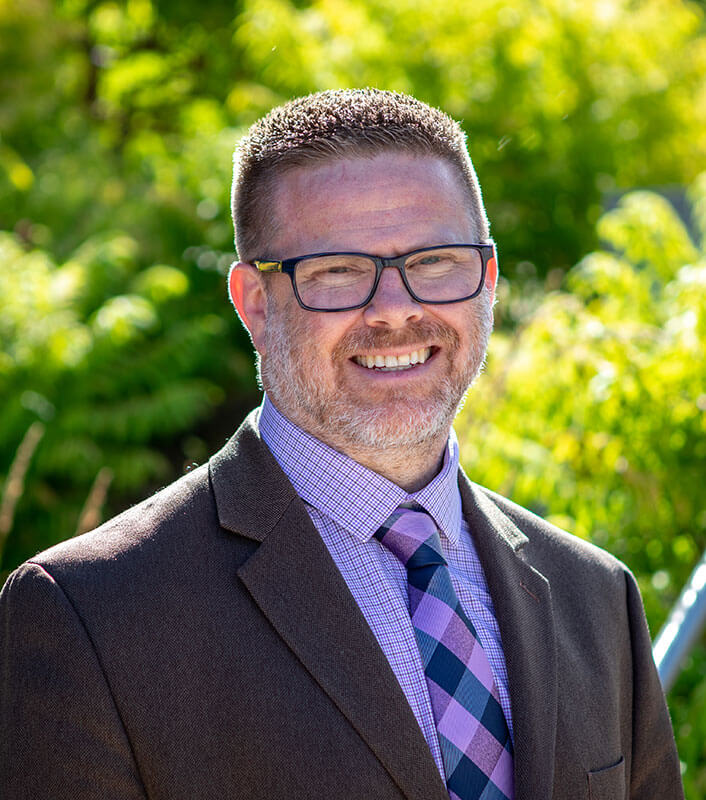AI, Automation, after COVID-19
Randy Boyle, PhD, Author, Faculty (Weber State University) – IT will discuss perceptions of automation technology and how automation allows continuity when humans can’t physically be at work.
Randy Boyle, PhD, Author, Faculty, Webster State University
Prior to the COVID pandemic many people worried about losing their jobs to advances in robotics, AI, and process automation. After COVID, enterprises have seen a dramatic rise in the use of AI, robotics, and process automation. The pandemic forced organizations to adopt automation technology at a faster rate than they had previously planned. Organizations argue that automation allows them to maintain continuity even when humans cannot physically be at work. Public opinion on robotics has shifted dramatically after COVID and people are much more accepting of automation technology. This presentation looks at the shift in perceptions of automation technology due to the COVID pandemic.
Recorded:
Duration:
About the speaker

Randy Boyle, PhD, Author, Faculty, Webster State University
Randall J. Boyle is a professor at Weber State University in the Goddard School of Business & Economics. He received his PhD in management information systems from Florida State University in 2003. He also has a master's degree in public administration and a BS in finance. His research areas include deception detection in computer-mediated environments, secure information systems, the effects of IT on cognitive biases, the effects of IT on knowledge workers and e-commerce.
Boyle has published in several academic journals such as Decision Support Systems, Journal of Management Information Systems, Journal of Computer Information Systems, and Journal of International Technology and Information Management. He has authored several books including Using MIS, Experiencing MIS, Corporate Computer and Network Security, Applied Information Security, and Applied Networking Labs.
Boyle has received university teaching awards at Weber State University, Longwood University, University of Utah, and University of Alabama in Huntsville. He has taught a wide variety of classes, including Cyber Security, Advanced Cyber Security, Telecommunications, Networking & Servers, System Analysis and Design, Decision Support Systems, Web Servers and Introduction to MIS.